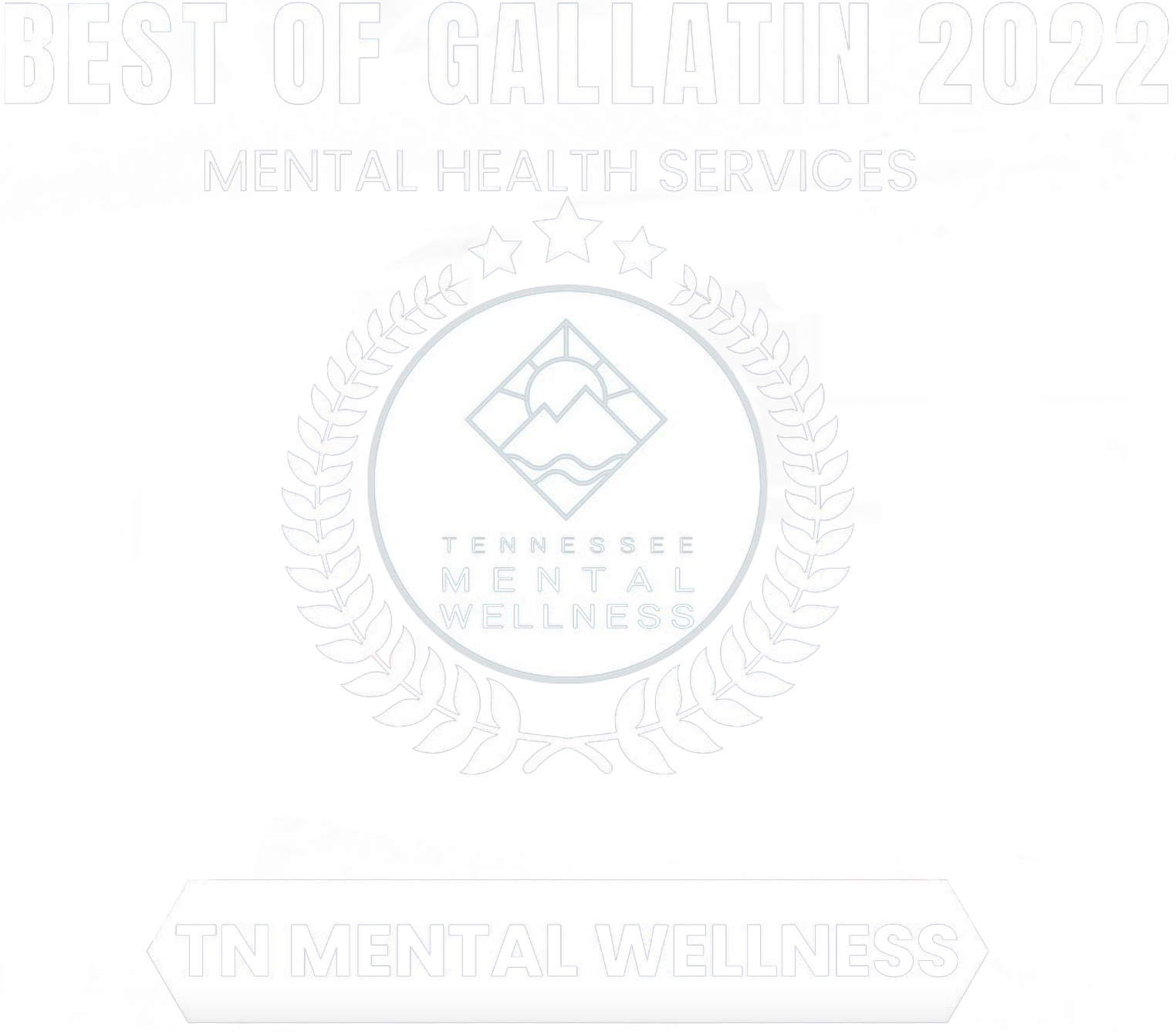We are one-week post-Valentine’s Day when the hype and thrill have faded, flowers have withered, and chocolates have been gobbled. Now that the official “love day” has passed, we are left with the day-to-day puzzle of living with and loving a partner who doesn’t always make us feel as special as we would wish.
It is incredibly easy to blame our spouse for our own dissatisfaction, and we feel absolutely justified in doing so. We feel our lives are lacking or lonely, and then blame our partner or marriage for limiting our growth and happiness.
Yet the truth is that we are actually the sole guardians of our own happiness and fulfillment. Cultivating your own happiness, rather than holding it hostage until your spouse responds to your requests for change, is not only good for your own well-being, but it is one of the most loving offerings you could give to your partner.
Tips to Strengthen Your Marriage
To that end, I am providing ten tips for creating a healthy, fulfilling, and passionate marriage. Here’s the rub though: Each step will involve you cultivating your best self, and bringing that to the relationship. Your partner has flaws, to be sure, but you do too. It takes TWO to create discontent in a marriage, but it actually only takes ONE to change an unfulfilling dynamic into a positive, more connected one.
It is a lot harder to change yourself in meaningful ways than it is to blame another person for your discontent. If you will read and carefully consider the following points with an open mind, you will find ways you can create happiness by changing yourself.
1. Stop Blaming Your Partner
It only makes you sound like a helpless victim. When you close that avenue in your life, many new ones will open. You will start putting your attention on yourself where it will do the most good.
Stop making your relationship problems the cause of your unhappiness. Your life is the cause of your unhappiness, stress, symptoms, and frustrations.
- Ask yourself about your own happiness. What isn’t working for you? How can you take charge of your life?
- How are the current relationship issues made worse by you, your attitude, your timing, your way of looking at it, your inability to ask for what you want vulnerably, your defensiveness, your impatience, or your unexamined life
- Confront yourself not your partner. This will change your life. Are you living with your own integrity? Are you the person you want to be? Are you living up to being the best you?
You may also look into relationship counseling as it can be beneficial in taking the first step in repairing relationships.
2. Don’t Be Afraid To Make The First Move and Start Relationship Counseling
Don’t count on your partner to respond positively, or to make it easy for you. Your partner grows in his or her own way.
“As partners become better able to self-confront and self-soothe, they have less need to control each other. They can maintain their own emotional stability and worry less about what their partner is doing. They stop expecting their partner to understand them and focus more on understanding themselves, which, in turn, reduces defensiveness and combativeness, and encourages good will and growth rather than resistance and stagnation…A solid sense of self develops from confronting yourself, challenging yourself to do what’s right, and earning your own self-respect.” (David Schnarch, Passionate Marriage)
3. Don’t Take Things Personally…Well, Maybe a Little Bit
Stop taking your partner’s reactions personally, he/she has a right to feelings, reactions, and even judgments, which are filtered through his/her baggage. Get out of your partner’s head, no analyzing, suggestions for improvement, or little jabs. They only entrench the other. Your ability to remain calm amidst the storm of a partner’s emotions is what will help your partner to grow the most.
That said, listening to your partner can give you insights into your own self-growth. If you can’t find an avenue for growth, look honestly at what your partner is saying. There is always a kernel of truth in it.

4. Cultivate a Growth Mindset
Turn every relationship issue into your growth. True growth is tuning into the best parts of yourself, and letting those parts out as often as possible, regardless of how your partner or others respond.
A self-growth mindset requires you to get your sense of self from yourself. This is called self-validation and is the cornerstone of growth. Look to yourself to make you feel good about yourself. Your partner can only support that. He or she cannot create it. You need to create your own well-being and high self-esteem.
This comes with acting in ways congruent with your ‘best self’.
“True [love] is the spiritual practice of believing in and belonging to yourself so deeply that you can share your most authentic self with another, and find sacredness in both being a part of something and standing alone in the wilderness. True [love] doesn’t require you to change who you are; it requires you to be who you are.”
(Brene Brown, Rising Strong)
5. Don’t Share All Your Dissatisfaction.
Don’t keep focusing on the downside, or “awfulize” things. Things are as they are. What is, is. Accept the reality and look for the changes you can make to improve your life. Pick only the important ones to deal with in a constructive way. Stay in charge of yourself.
Remember that you need five good interactions for every negative one. Confrontations are negative. Use them sparingly.
Learn to look at your defensiveness as negative thoughts about yourself that get triggered. Learn to recognize when you’re defensive and what is feeling bad inside of you. Stop attacking and confront yourself. Defensive attacking only entrenches both of you into not changing.
6. Don’t Become Your Feelings.
They are yours freely. You don’t need your partner’s approval for them. You don’t need to act on them until you have seen whether doing so is in your integrity.
Own your projections. What you don’t like in your partner has something to do with you. Find out what that is and confront it in you.
If you can’t regulate your emotions, curb your behavior. Act the best you can. Above all, think about actions more than talking out feelings. Actions change things while talking and processing often is a way to blame others or avoid taking charge of yourself.
7. Fight Fair
Take constructive time-outs when your time together has become abusive or intolerable to your sense of respect. Promise to come back and finish. Don’t allow yourself to be in negative, reactive, abusive arguments, and don’t allow yourself to wallow in self-pity by stonewalling and avoiding. Agree on how to take time outs so you both feel mature and caring.
When you’re in a time-out, use it as a time to connect with your true self–your feelings underneath the righteous indignation, and the part of you that wants the best for both you and your spouse.
Enjoy your own space when you’re taking a break. Enjoy what you’re doing at that time (walking, doing a hobby, spending time with friends), and use the break as an opportunity to connect with yourself in constructive, rather than destructive ways (i.e., avoid self-soothing with substances and sugar). When you’ve felt there is nothing else to do you might find that divorce support groups can help.

8. Do Something Different
If you find yourselves stuck in a “groundhog day” of the same-old round-and-round arguments, try doing something that is 180 degrees different from what you have tried. It’s often the direction that’s needed.
9. Cultivate Friendship
Marriage expert John Gottman teaches that the best way to innoculate your marriage from the inevitable challenges of parenthood and life, is to fill up your ‘relationship bank account’ with an abundance of positive interactions, so the relationship can withstand disagreements and arguments. Put effort into cultivating times when you and your spouse laugh together, share a hobby together, read books together, cook together, try out relationship counseling, etc. Invite your spouse into your world–into the hobbies that fulfill you, and the thoughts and feelings that move you.
An activity you can do to learn to “talk as friends” to each other is: One person talks about his/her own life while the other listens. Each takes a four or five-minute turn with no responses other than empathy if desired. Blaming or “fixing” the other is out of bounds.
“Love is a vessel that contains both security and adventure, and commitment offers one of the great luxuries of life: time. Marriage is not the end of romance, it is the beginning. The couple knows that they have years in which to deepen their connection, to experiment, to regress, and even to fail. They see their relationship as something alive and ongoing, not a fait accompli. It’s a story that they are writing together, one with many chapters, and neither partner knows how it will end. There’s always a place they haven’t gone yet, always something about the other still to be discovered.” (Esther Perel, Mating In Captivity)
10. Be Grounded in Yourself, Then Be Generous
Try and be who you are and how you want to be. It’s a work in progress. Have compassion for yourself and your partner for your journey will feel better.
“When we feed and support our own happiness, we are nourishing our ability to love…When we learn to love and understand ourselves and have true compassion for ourselves, then we can truly love and understand another person.” (Thich Nhat Hanh, On Love)
For an inspiring real-life look into strengthening a marriage by working on your own happiness, I highly recommend Will and Jada Pinkett Smith’s discussion on “Red Table Talk”: Part 1, and Part 2.

Begin Relationship Counseling in Gallatin, TN
Do you feel stuck in your marriage? Our skilled therapists at TN Mental Wellness know how to guide you and your partner to work on strengthening and maintaining your marriage with relationship counseling. Follow these simple steps to get started.
- Contact us for an appointment
- Meet with a caring therapist
- Start strengthening your marriage
Other Services Offered at TN Mental Wellness
Relationship Counseling isn’t the only service offered by our Gallatin, TN-based practice. Our team is happy to offer a variety of services to support you and your mental health. We offer divorce recovery, anxiety treatment, postpartum treatment, medication management and brainspotting. Other services include health coaching, LGBTQIA+ therapy, divorce support groups, online courses, and corporate seminars. Feel free to learn more by visiting our blog or FAQs page today.














LEAVE A COMMENT